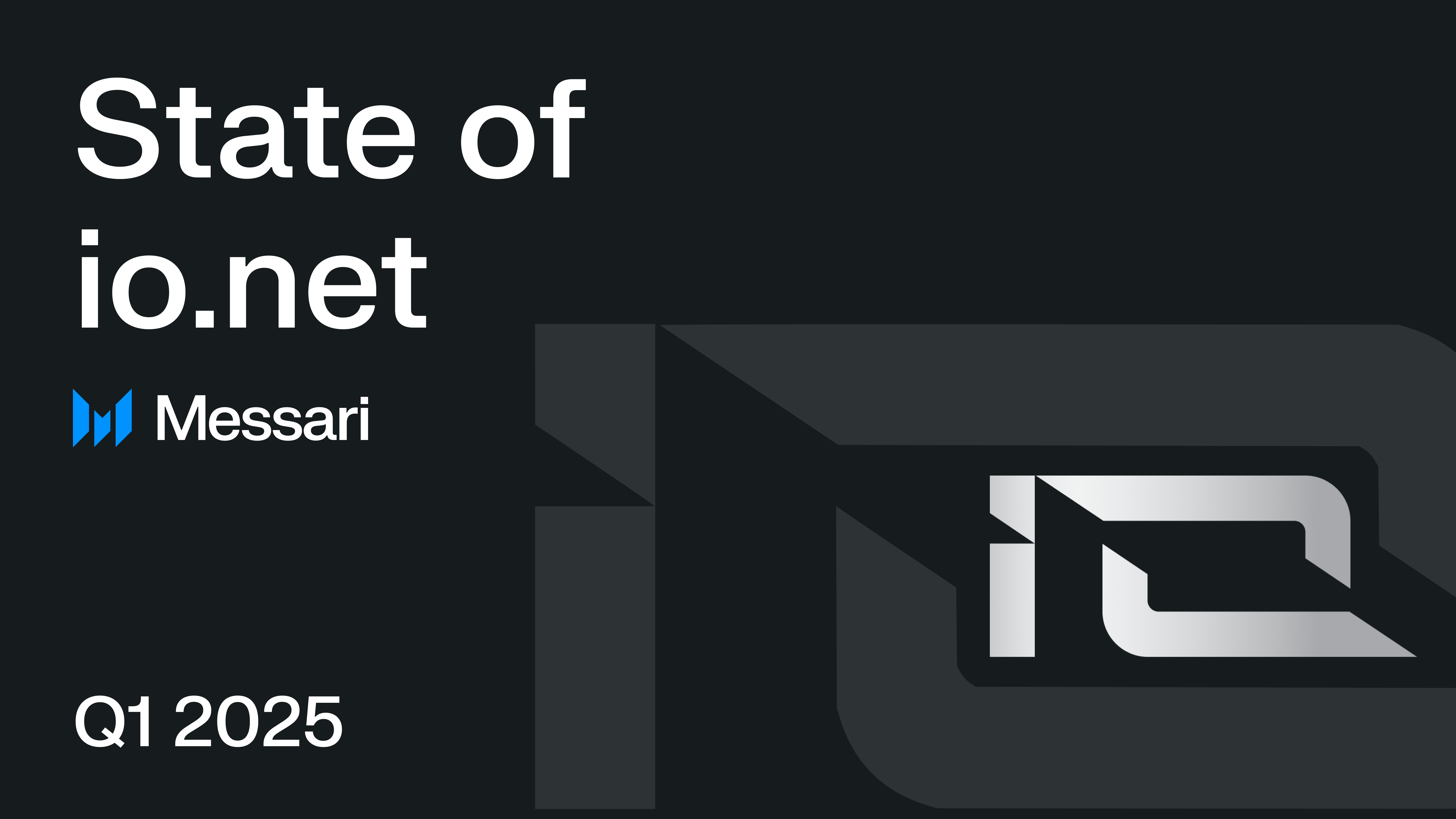Theta EdgeCloud Adds DeepSeek LLM
Theta EdgeCloud has integrated DeepSeek-R1, a cutting-edge large language model developed by Chinese AI startup DeepSeek. DeepSeek-R1 delivers performance comparable to models like OpenAI’s ChatGPT, Mistral’s Mixtral, and Meta’s LLaMA while using significantly fewer computational resources. By supporting DeepSeek-R1, Theta EdgeCloud, a decentralized GPU cloud infrastructure, enhances AI efficiency and accessibility. DeepSeek’s innovations, such as multi-head-latent-attention (MLA) and FP8 precision quantization, allow advanced LLMs to run on consumer GPUs, making high-performance AI more accessible to developers, researchers, and small-scale enterprises without relying on expensive centralized cloud infrastructure.
Theta EdgeCloud’s decentralized architecture provides scalability by dynamically allocating GPU nodes based on demand, eliminating the need for costly physical infrastructure expansion. This approach also reduces costs by leveraging underutilized computational power, enabling users to pay only for the resources they consume. In addition to being cost-efficient, Theta EdgeCloud promotes sustainability by distributing AI processing across multiple locations instead of relying on energy-intensive data centers.
With this integration, Theta Labs continues to push the boundaries of decentralized AI infrastructure, offering a more cost-effective, scalable, and environmentally friendly alternative for AI model training and inference.
Related News





